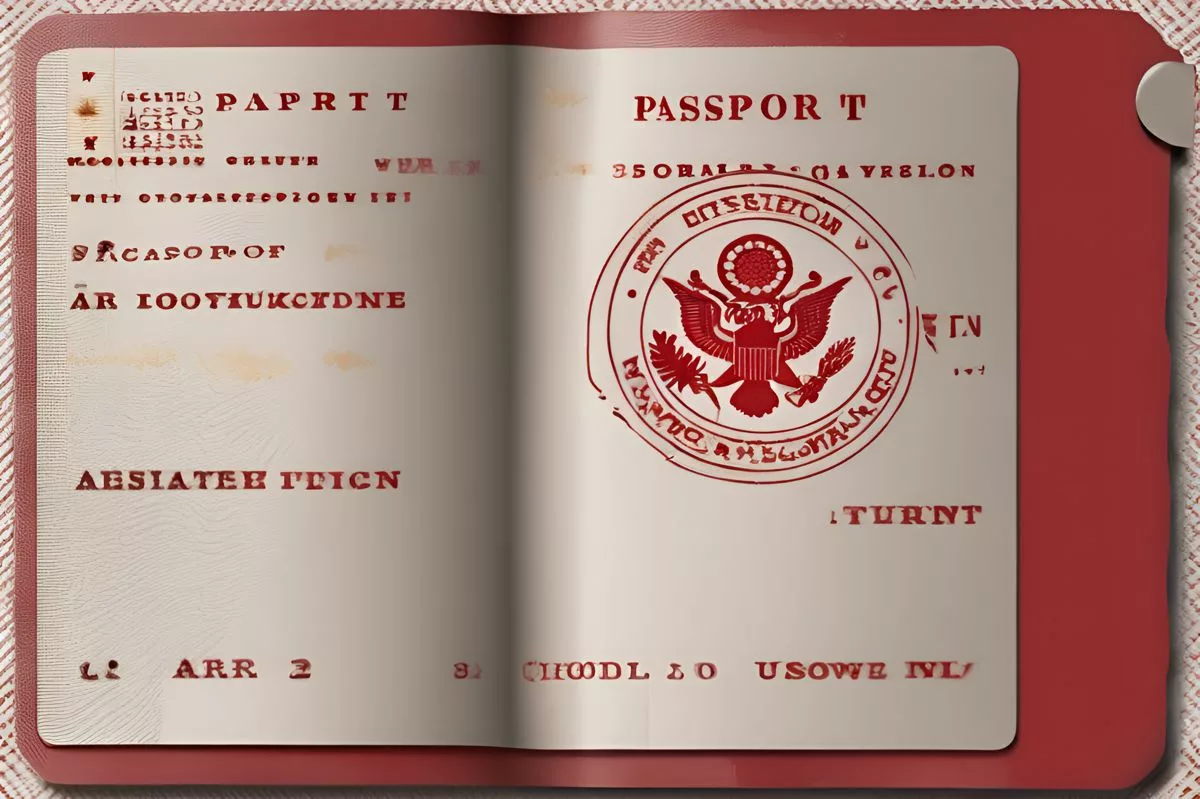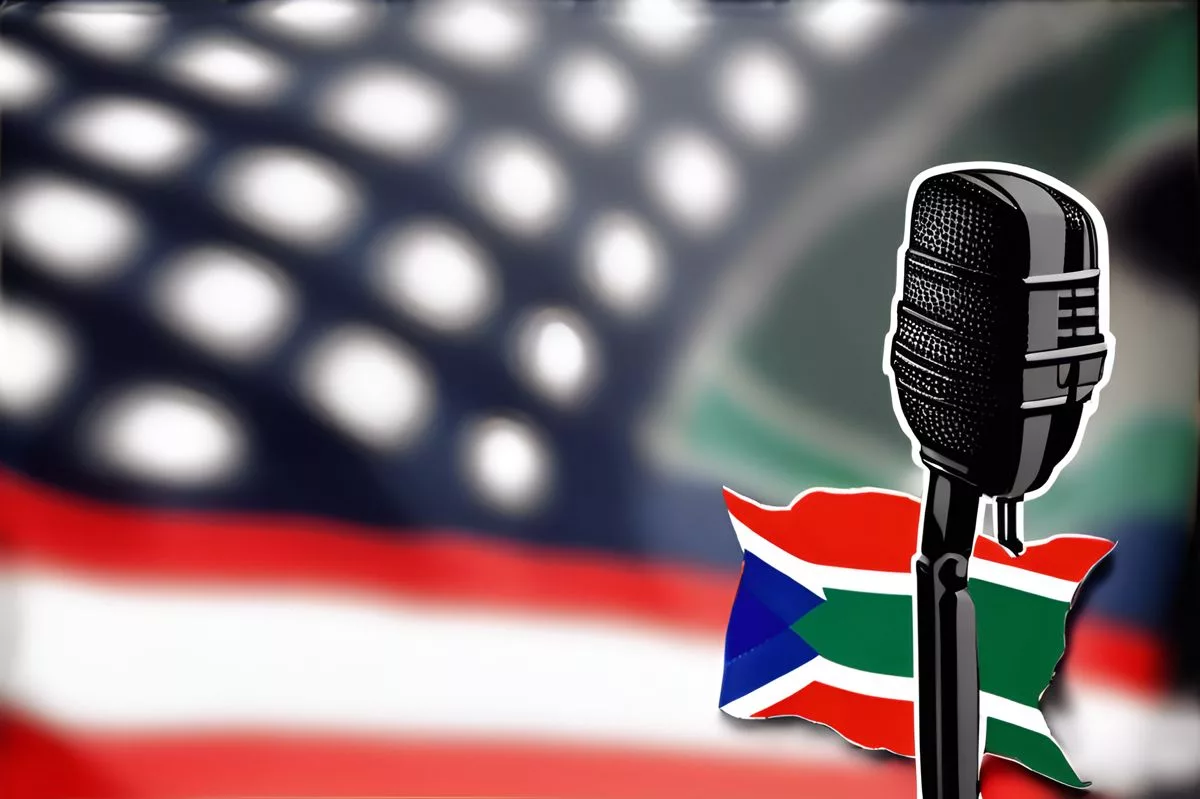South Africa’s Ministry of Home Affairs is at the forefront of the country’s political and social landscape, especially when it comes to immigration issues. Recent controversies surrounding the December 2023 circular and Kudakwashe Mpofu’s case have prompted inquiries and investigative initiatives. Despite challenges, the Ministry remains committed to upholding South Africa’s immigration system’s credibility and has launched bold initiatives to ensure its integrity.
South Africa’s Ministry of Home Affairs plays a significant role in the country’s political and social fabric, especially concerning immigration issues. Recent controversies surrounding the infamous December 2023 circular and the case of Kudakwashe Mpofu have prompted the Ministry to take action, including launching inquiries and engaging in investigative initiatives. Despite the challenges, the Ministry remains dedicated to upholding the credibility of South Africa’s immigration system.
South Africa’s political and social fabric is interwoven with the undertakings of the Ministry of Home Affairs. Under the supervision of its Minister, Dr Aaron Motsoaledi, the Ministry plays a significant role, often emerging as a focal point in national dialogues. A key topic in these discussions tends to be crucial immigration issues, which have recently found themselves under the public microscope. The need for clarification on these matters prompted a media briefing on 17th March 2024, conducted by the Minister himself.
Countering Allegations and Understanding Reality: The Infamous December 2023 Circular
The media briefing prominently addressed the Ministry’s reaction to an infamous circular released on 21st December 2023. The circular’s objective was to provide Border Management Authority (BMA) officers with guidelines for managing foreign nationals at South Africa’s entry points. This notice triggered a storm of media outrage and caused ripples in the tourism sector. The Department of Home Affairs was accused of being detrimental to the tourism industry by allegedly rejecting tourists, particularly a group dubbed as “Swallows” – individuals who switch between hemispheres to chase favourable climates.
It’s essential to highlight the Ministry’s stance in response to these accusations, confirming that it has no interest in sabotaging the tourism industry. The Department, in cooperation with the Ministry of Tourism, immediately engaged in a dialogue on the matter and launched a series of inquiries to uncover the truth at the borders. The findings contradicted the media’s representation. Only a few incidents were reported, suggesting that the fallout from the circular was significantly overblown.
Unmasking System Faults: The Case of Kudakwashe Mpofu
The briefing also brought to light the contentious case of Kudakwashe Mpofu, a Zimbabwean national who allegedly managed to acquire a permanent residence permit in South Africa through fraudulent means. Despite Mpofu’s objections, the Ministry maintained its statement: the permit was fake. This episode exposed system loopholes and brought up questions regarding the due diligence of employers and the competence of Home Affairs officials.
Ensuring Integrity: Initiatives by the Ministry of Home Affairs
Despite the hurdles, the Ministry of Home Affairs has remained unwavering in its mission to uphold the credibility of South Africa’s immigration system. To achieve this, the Ministry has set out on a bold journey of investigative initiatives. Following revelations from the Lubisi report, the President issued a proclamation for the Special Investigating Unit (SIU) to examine visa issues within the Ministry of Home Affairs. The SIU, collaborating with the Lubisi team and a multi-disciplinary team, aims to hold accountable the ‘crocodiles’ – a term used by the Minister to describe individuals who manipulate the country’s immigration system.
A Beacon of Resilience: The Ministry’s Dedication to Immigration Reform
The media briefing served as a testament to the Ministry’s commitment to rectifying and refining the nation’s immigration system. It depicted an institution of strength, perseverance, and adaptability, prepared to confront challenges and dedicated to maintaining South Africa’s border integrity. As the conversation around immigration issues escalates, these insights offer a well-balanced, well-informed viewpoint that underscores the complexity of managing immigration in a globalised world.
1. What role does South Africa’s Ministry of Home Affairs play in the country’s political and social landscape?
The Ministry of Home Affairs plays a significant role in South Africa’s political and social fabric, particularly in managing immigration issues.
2. What recent controversies have surrounded the Ministry of Home Affairs?
Recent controversies include the release of the infamous December 2023 circular and the case of Kudakwashe Mpofu, a Zimbabwean national who allegedly obtained a fraudulent permanent residence permit in South Africa.
3. What was the objective of the December 2023 circular, and why did it cause controversy?
The circular aimed to provide guidelines for managing foreign nationals at South Africa’s entry points, but it caused controversy as it was accused of rejecting tourists and being detrimental to the tourism industry.
4. How did the Ministry of Home Affairs respond to the allegations surrounding the December 2023 circular?
The Ministry of Home Affairs denied any interest in sabotaging the tourism industry and engaged in a dialogue with the Ministry of Tourism. Inquiries were launched, and findings showed that the fallout from the circular was overblown.
5. What did the case of Kudakwashe Mpofu expose regarding South Africa’s immigration system?
The case exposed system loopholes and raised questions about the due diligence of employers and the competence of Home Affairs officials.
6. What initiatives has the Ministry of Home Affairs undertaken to ensure the integrity of South Africa’s immigration system?
The Ministry has launched investigative initiatives, with the Special Investigating Unit examining visa issues in the Department of Home Affairs. The Ministry aims to hold accountable individuals who manipulate the country’s immigration system.












